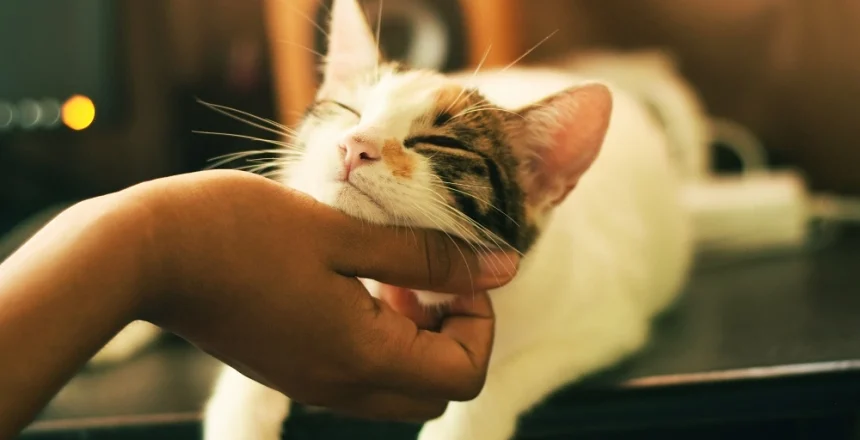Athletes forge deep bonds with their pets, offering solace and support. Navigating pet palliative care can be daunting, stirring emotions like guilt and uncertainty. Exploring these complexities equips athletes to make informed decisions, ensuring the utmost care for their cherished companions in vulnerable times.
Key Takeaways
- Athletes form strong emotional bonds with their pets, making losing them challenging and emotionally taxing.
- Palliative care for pets focuses on alleviating suffering and improving quality of life through a multidisciplinary approach.
- Effective pain management is crucial in palliative care, involving multimodal analgesia, alternative therapies, and environmental modifications.
- Regular quality-of-life assessments are essential to evaluate pain management effectiveness and inform care decisions.
- Access to resources like online platforms, support groups, and veterinary professionals helps athletes make informed decisions for their pets’ care.
The Athlete’s Emotional Connection
Athletes, known for their unwavering dedication and passion for their sport, often form strong emotional bonds with their pets, which can make the prospect of losing them particularly challenging. This deep connection can lead to feelings of grief, anxiety, and guilt, highlighting the importance of understanding palliative care for pets as a crucial aspect of responsible pet ownership.
Palliative Care for Pets Defined
In contrast to hospice care, which focuses on end-of-life care, palliative care for pets is a multidisciplinary approach that prioritizes alleviating suffering and improving the quality of life for pets with serious illnesses or injuries. This all-encompassing care model incorporates veterinary expertise, emotional support, and lifestyle adjustments to guarantee pets receive best care, enhancing their overall well-being.
Managing Pain in Furry Friends
Effective pain management is an essential component of palliative care for pets, as uncontrolled pain can greatly diminish a pet’s quality of life, exacerbate existing conditions, and lead to emotional distress for both the pet and their owner. In pet palliative care, pain management strategies may include:
- Multimodal analgesia to target different pain pathways
- Alternative therapies like acupuncture and massage
- Environmental modifications to reduce discomfort and stress
- Regular monitoring and adjustment of pain management plans
Quality of Life Assessments Matter
Regular quality-of-life assessments are essential in palliative care for pets, as they enable veterinarians and pet owners to evaluate the effectiveness of pain management strategies and make informed decisions about a pet’s ongoing care. These assessments consider factors such as appetite, mobility, and comfort, providing a holistic picture of a pet’s overall well-being.
Empowering Athletes With Resources
Athletes managing pet palliative care can benefit from access to a wide range of resources, including online educational platforms, pet loss support groups, and veterinary professionals specializing in palliative care for pets. These resources empower athletes to make informed decisions and provide the best care for their pets.
- Online forums and support groups for pet owners
- Educational resources on pet palliative care and hospice
- Referrals to veterinary professionals specializing in palliative care for animals
- Local pet loss counseling services

Frequently Asked Questions
Can Pet Palliative Care Be Used in Conjunction With Traditional Veterinary Care?
Yes, pet palliative care can be used in conjunction with traditional veterinary care, providing a holistic approach to manage a pet’s symptoms, improve their quality of life, and support their overall well-being.
How Long Does Palliative Care for Pets Typically Last Before Euthanasia?
The duration of palliative care for pets before euthanasia varies, typically ranging from weeks to months, depending on factors such as the pet’s condition, treatment response, and quality of life, requiring ongoing assessment and collaboration with veterinarians.
Are There Pet Palliative Care Specialists or Certified Professionals?
Yes, pet palliative care specialists exist, including certified veterinarians and veterinary technicians with advanced training in palliative care, as well as board-certified veterinary specialists in hospice and palliative care.
Can Pet Owners Administer Palliative Care Treatments at Home?
Yes, pet owners can administer palliative care treatments at home, under the guidance of a veterinarian, to provide comfort and alleviate symptoms, improving their pet’s quality of life.
Does Pet Insurance Cover Palliative Care for Pets?
Pet insurance coverage for palliative care varies by provider and policy, with some plans offering limited or no coverage for palliative care services, while others may reimburse for certain treatments and medications.
Conclusion
Athletes’ emotional well-being is intricately tied to the health and quality of life of their pets. By understanding palliative care, including pain management and quality of life assessments, athletes can make informed decisions that prioritize their pet’s comfort and dignity. Access to resources and support systems is essential in empowering athletes to navigate the complexities of pet palliative care, ultimately leading to a more compassionate and supportive experience during a difficult time.
You May Also Like To Read:
